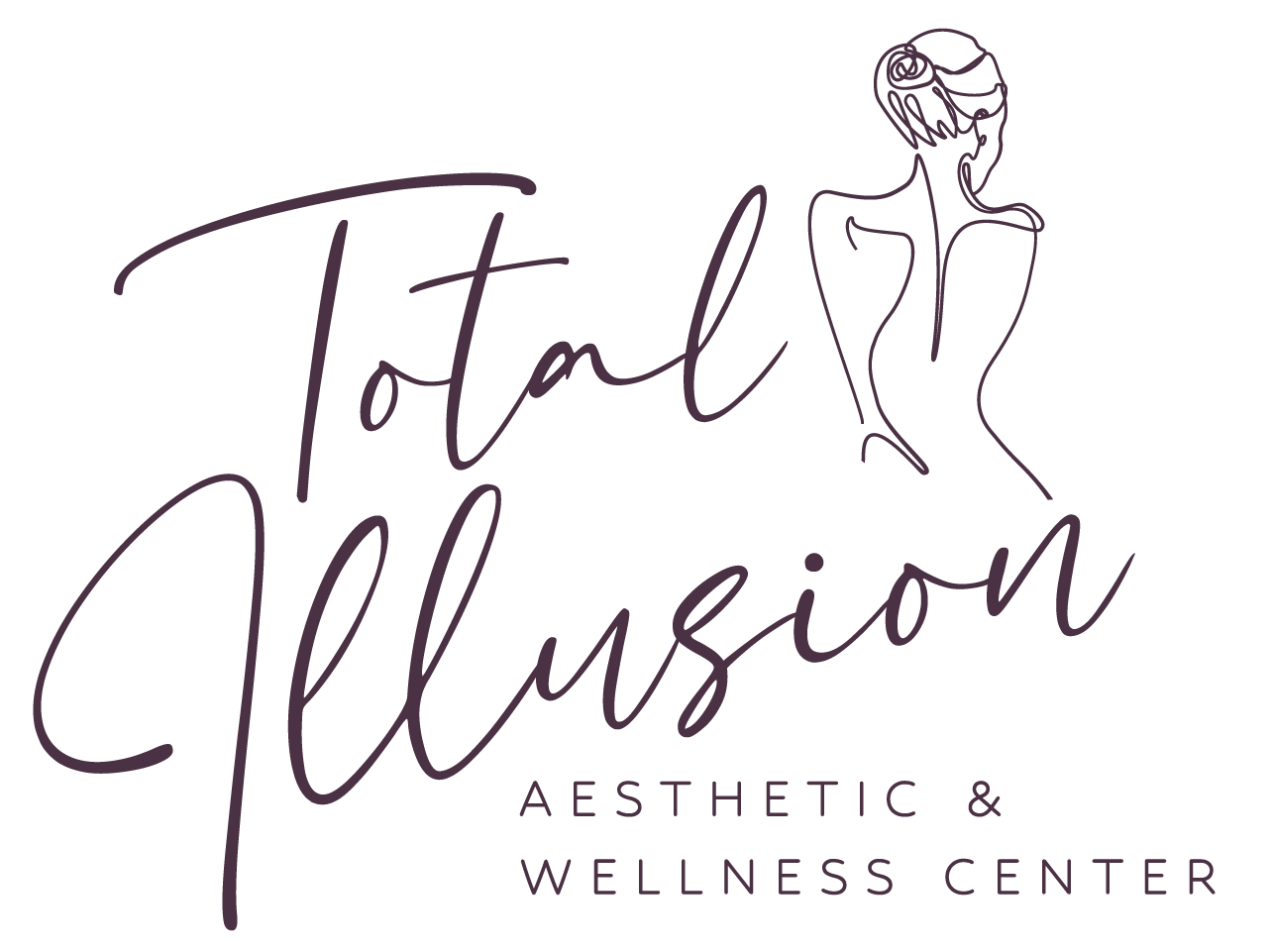Glutathione & Brain Health: Your Brain’s Master Defender
When we think of brain health, we often think of exercise, mental stimulation, and omega-3s. But there’s another powerful player you might not be aware of—glutathione. Often called the body’s “master antioxidant,” glutathione plays a critical role in protecting the brain from damage, inflammation, and the effects of aging.
Let’s explore why this small but mighty molecule deserves big attention when it comes to cognitive health, mental clarity, and neurological resilience.
🌟 What Is Glutathione?
Glutathione is a naturally occurring antioxidant made in your liver from three amino acids: glutamine, glycine, and cysteine. It’s found in every cell of your body, but especially in organs with high metabolic activity—like your brain.
Its primary job? Neutralizing free radicals and detoxifying harmful substances that cause oxidative stress.
🧠 Glutathione & the Brain: Why It Matters
The brain uses more oxygen than any other organ, making it highly vulnerable to oxidative damage. That’s where glutathione comes in. It helps:
🛡️ Protect neurons from inflammation and toxins
🧬 Repair cellular damage caused by stress and aging
🧪 Support mitochondrial function (the brain’s energy factories)
🔄 Recycle other antioxidants like vitamin C and E
In short, glutathione acts like your brain’s personal cleanup crew—keeping it sharp, energized, and resilient.
🧓 Low Glutathione & Neurodegeneration
Research has found that low levels of glutathione are linked to conditions such as:
Alzheimer’s disease
Parkinson’s disease
Multiple sclerosis
Cognitive decline and brain fog
In fact, reduced glutathione levels often show up in the brain before symptoms of these diseases become obvious, making it an important focus for prevention and early support.
⚠️ What Depletes Glutathione?
Modern life can drain your glutathione levels, especially when you’re exposed to:
Chronic stress
Poor diet
Environmental toxins
Medications or alcohol
Aging
Infections or chronic illness
Many people unknowingly walk around with low glutathione, contributing to fatigue, poor focus, irritability, and even mood imbalances.
🔄 How to Support Glutathione Naturally
The good news? You can support your body’s glutathione production with a few key steps:
🥦 Nutrition
Eat sulfur-rich foods like garlic, onions, broccoli, and cabbage
Add selenium-rich foods like Brazil nuts
Consider whey protein (contains cysteine)
🧘♀️ Lifestyle
Manage stress and sleep well—chronic stress burns through glutathione
Avoid smoking, excess alcohol, and processed foods
Exercise regularly (but don’t overdo it)
💊 Supplements & Therapies
NAC (N-acetyl cysteine): A glutathione precursor
Liposomal glutathione: Better absorbed oral form
IV glutathione: Fast, high-dose delivery (offered in many wellness clinics)
Mind-body therapies like ExoMind™: Reduce oxidative stress and support neurological repair
🧠 Final Thoughts
Glutathione may not be the trendiest wellness buzzword, but it’s one of the most foundational. If you’re struggling with brain fog, memory lapses, or just want to protect your cognitive health long-term, it’s worth taking a closer look.
Your brain works hard for you—glutathione helps return the favor.


